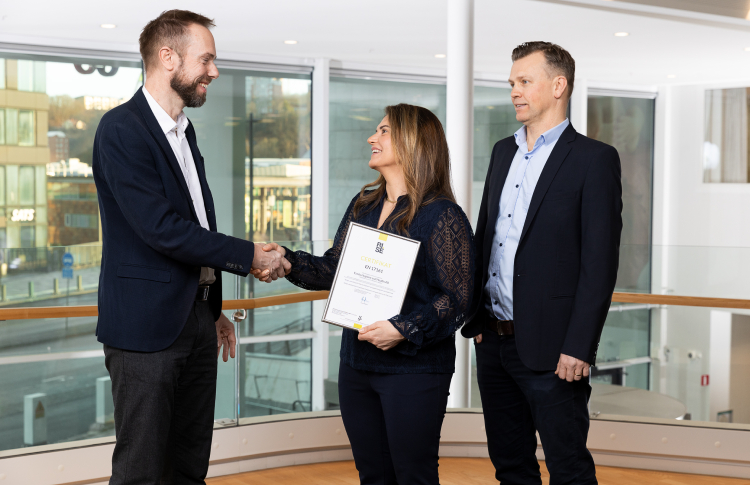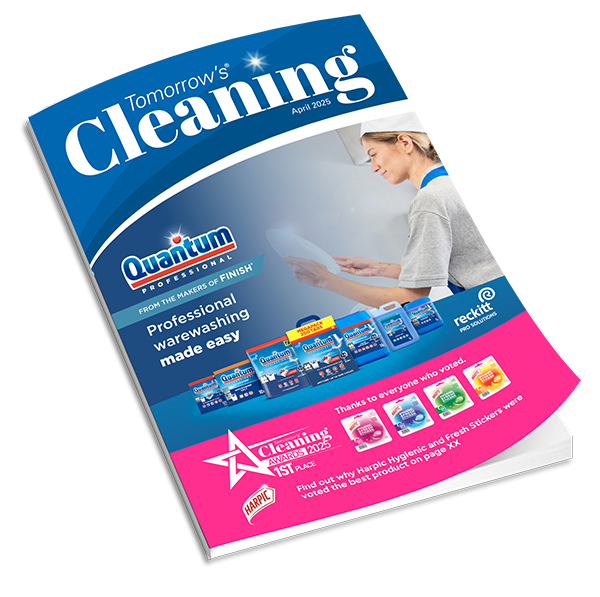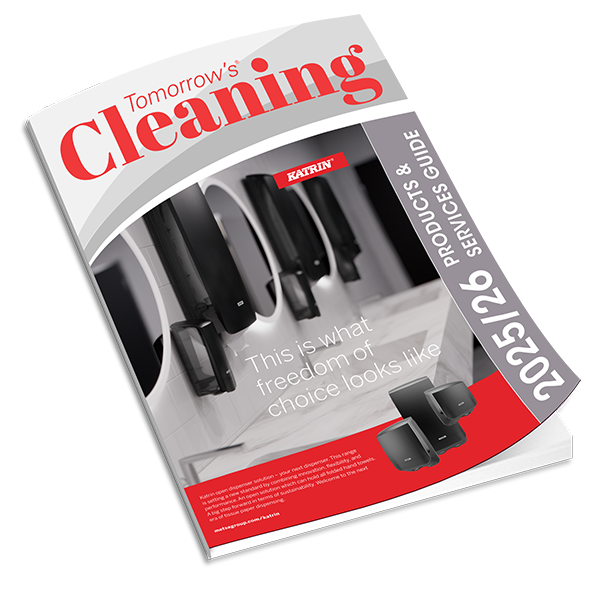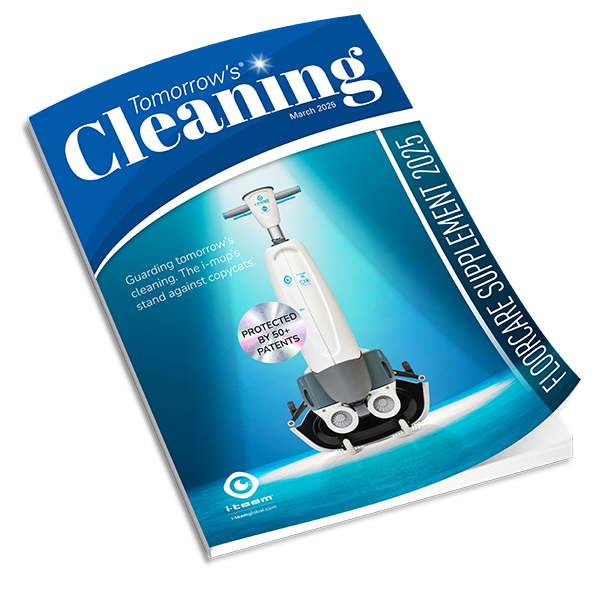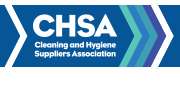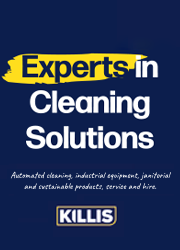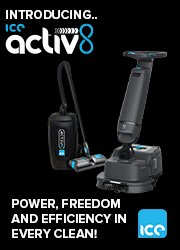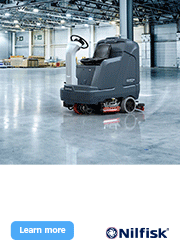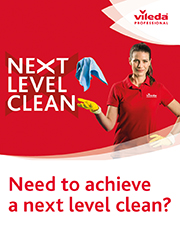The British Cleaning Council (BCC) is calling for members to share information on musculoskeletal disorders and injuries suffered by cleaning sector colleagues in the workplace.
The BCC is working with the Health and Safety Executive Cleaning Industry Liaison Forum (CILF) to identify areas identified as problematic, with the aim of developing tailor-made solutions for cleaning sector businesses.
The Health and Safety Executive (HSE) is raising awareness of the issue with employers as part of its ‘Go Home Healthy’ campaign. The HSE defines musculoskeletal disorders (MSDs) as ‘any injury, damage or disorder of the joints or other tissues in the upper and lower limbs or the back’.
Data suggests three-quarters of all ill-health within the cleaning sector is MSD-related and the sector has a slightly higher MSD prevalence rate compared to the all industry average.
Over a three-year period between 1 April 2015 and 31 March 2018, there were 269 lifting and handling injuries reported affecting workers in the cleaning sector. The injury figures for the cleaning industry show that:
- The majority of injuries sustained were musculoskeletal – i.e. sprains and dislocations – which account for more than two-thirds of all injuries.
- Back injuries were the most common, closely followed by injuries to upper limbs.
- Injuries were most likely to occur while moving waste bags or emptying bins, making beds, carrying heavy items (e.g. furniture), moving linen cages and picking up cleaning materials.
- The injured person was usually either pushing, pulling or lifting something.
- Most injuries were sustained simply through the act of moving something.
Making a real difference begins with gleaning a deeper understanding of the wide variety of tasks completed by cleaners and any subsequent issues.
Tracy Hamilton, Operational Policy Advisor at the HSE and also Chair of the CILF, said: “MSDs are associated with many different physical activities such as manual handling, repetitive tasks, muscular fatigue, load lifting, neck extension and awkward fixed postures. These are kind of activities undertaken by many in the cleaning sector, hence why there is a slightly higher prevalence rate in the industry.
“The solutions will be different for different businesses. It’s important that employers understand what their particular workforce is doing so they can adopt the most effective approach.
“Introducing off-the-shelf manual handling training is well-intentioned but might not be the right answer for that business. That’s why we are working across the industry, including with the BCC, to collect more information so we can understand the problem. We want to spread the word that these injuries are not inevitable but can be prevented.”
BCC Chairman, Paul Thrupp, said: “The BCC wants to help ensure the safety and well-being of colleagues working in the industry. It is in the interests of both employees and employers to reduce the number of these industries.”
Employers seeking advice on this issue should contact their local environmental health team.









